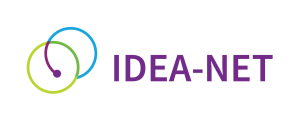Mittweida University – Mittweida, Germany
The activities that the department has carried out (in the last two years) with regard to equal access/inclusion/diversity are:
- support and counselling for students and university staff;
- lectures, workshops, seminars for students, faculty and non-teaching staff;
- public promotion (e.g. production of media content such as podcasts);
- improving digital accessibility;
- improving physical accessibility.
- compensation for disadvantages
At this university, the activities with the greatest impact were the compensation for disadvantages because it was possible to provide particular students with adequate access to university. The last innovative practise/tool introduced at Mittweida University when it comes to ensuring inclusion, diversity and equal access was to provide loans to auxiliary items.
In addition to activities to support inclusion, Mittweida University implements measures/activities to counter exclusionary and discriminatory practices through binding policy (legislation), strategy/action plan(s) and preventive programmes.

Social Contact Point - Family—Inclusion—Health. Part of the academic affairs department (rectorate)
Mittweida, Germany
IDEA-net: Expanding the network of Inclusion, Diversity, Equity and Access (IDEA) practitioners in higher education through institutional capacity building
Project ref: 2022-1-NL01-KA220-HED-000089789

This project has been funded with support from the European Commission. This website reflects the views only of the authors, and the Commission cannot be held responsible for any use which may be made of the information contained therein.
